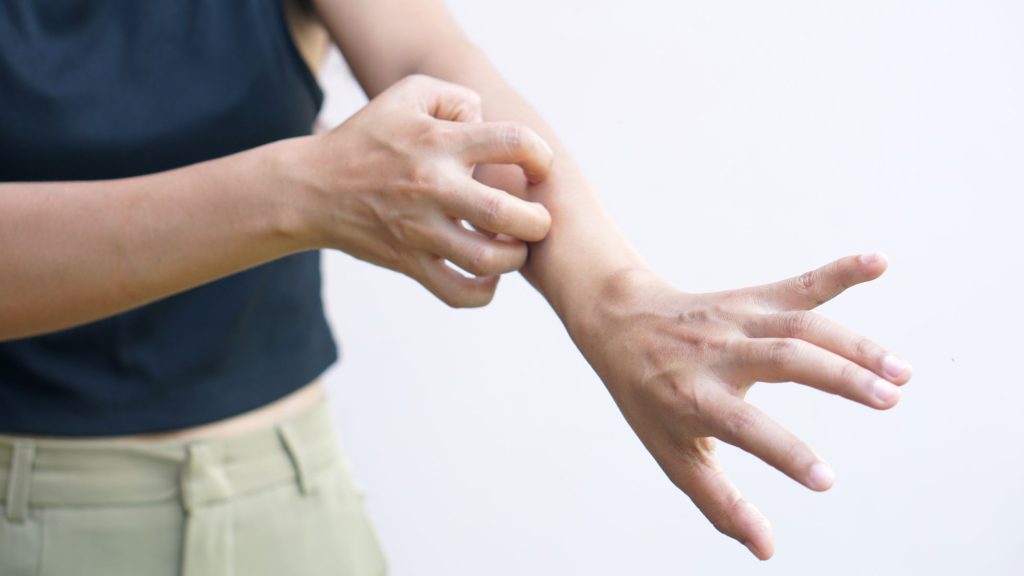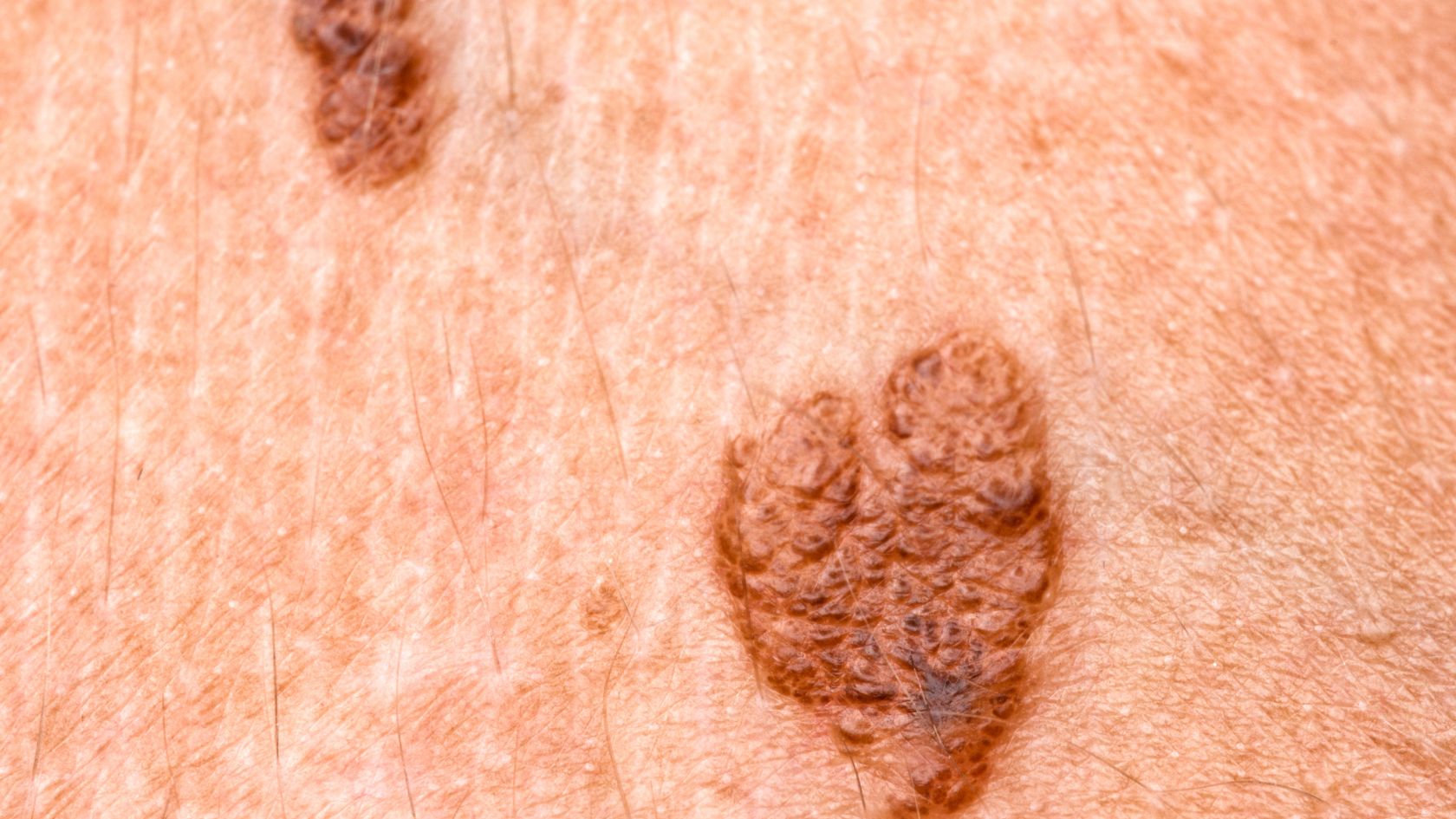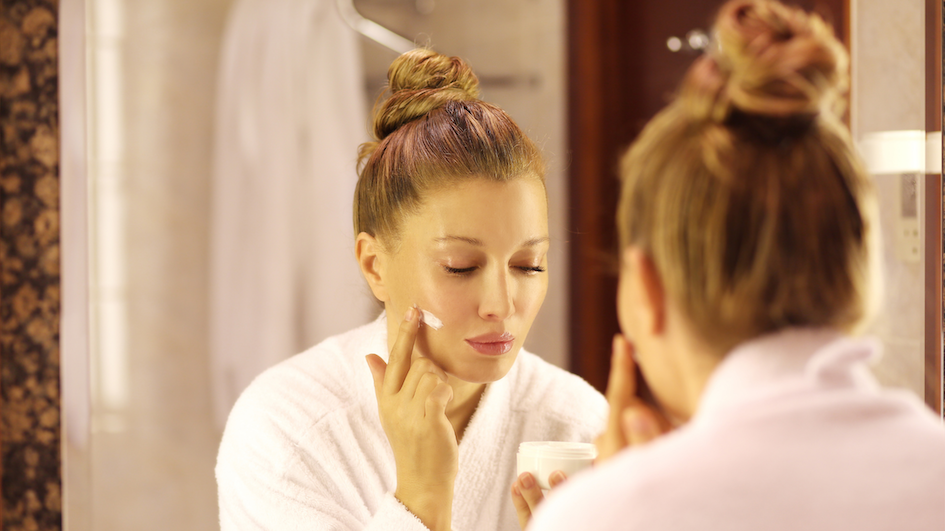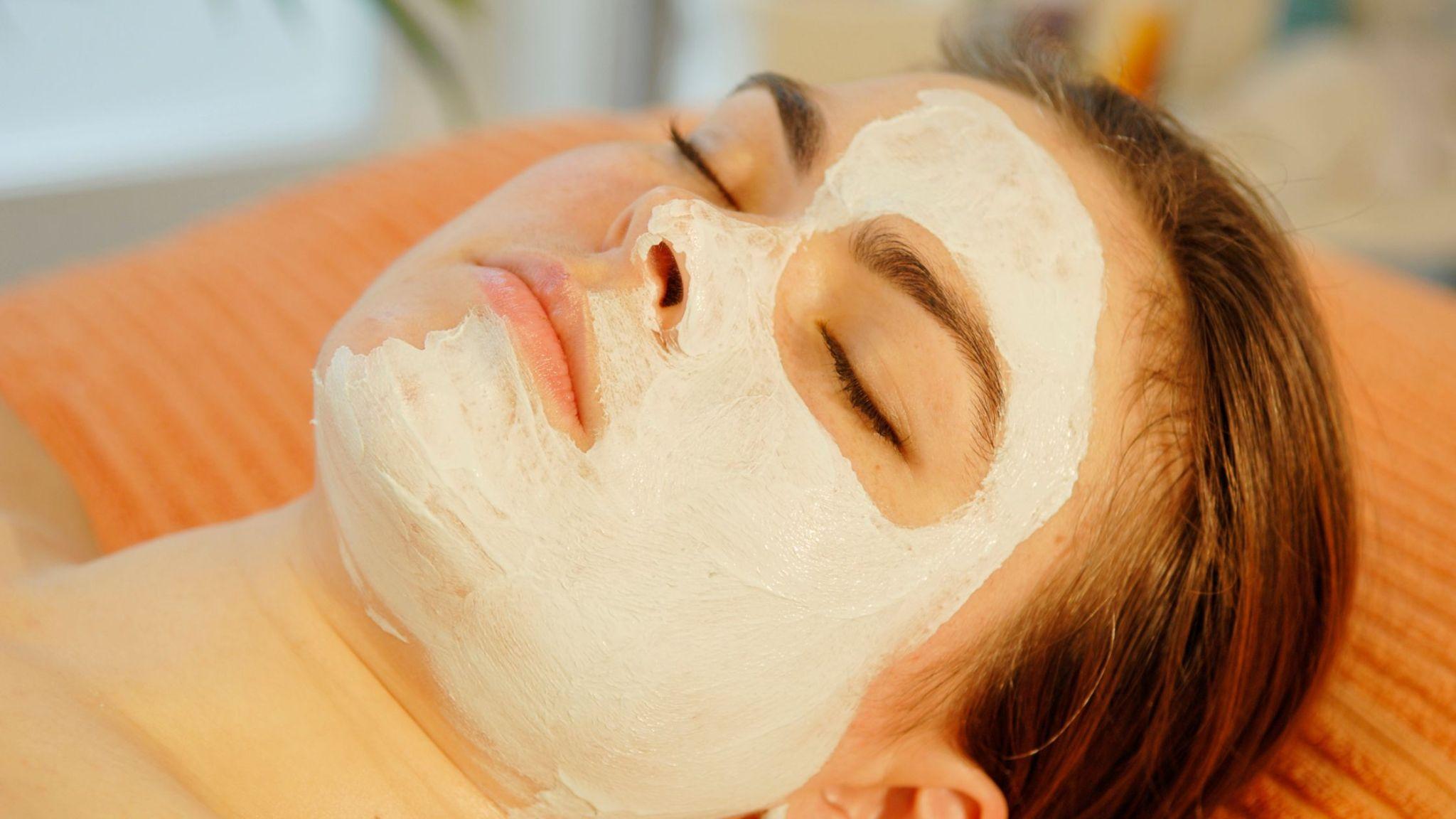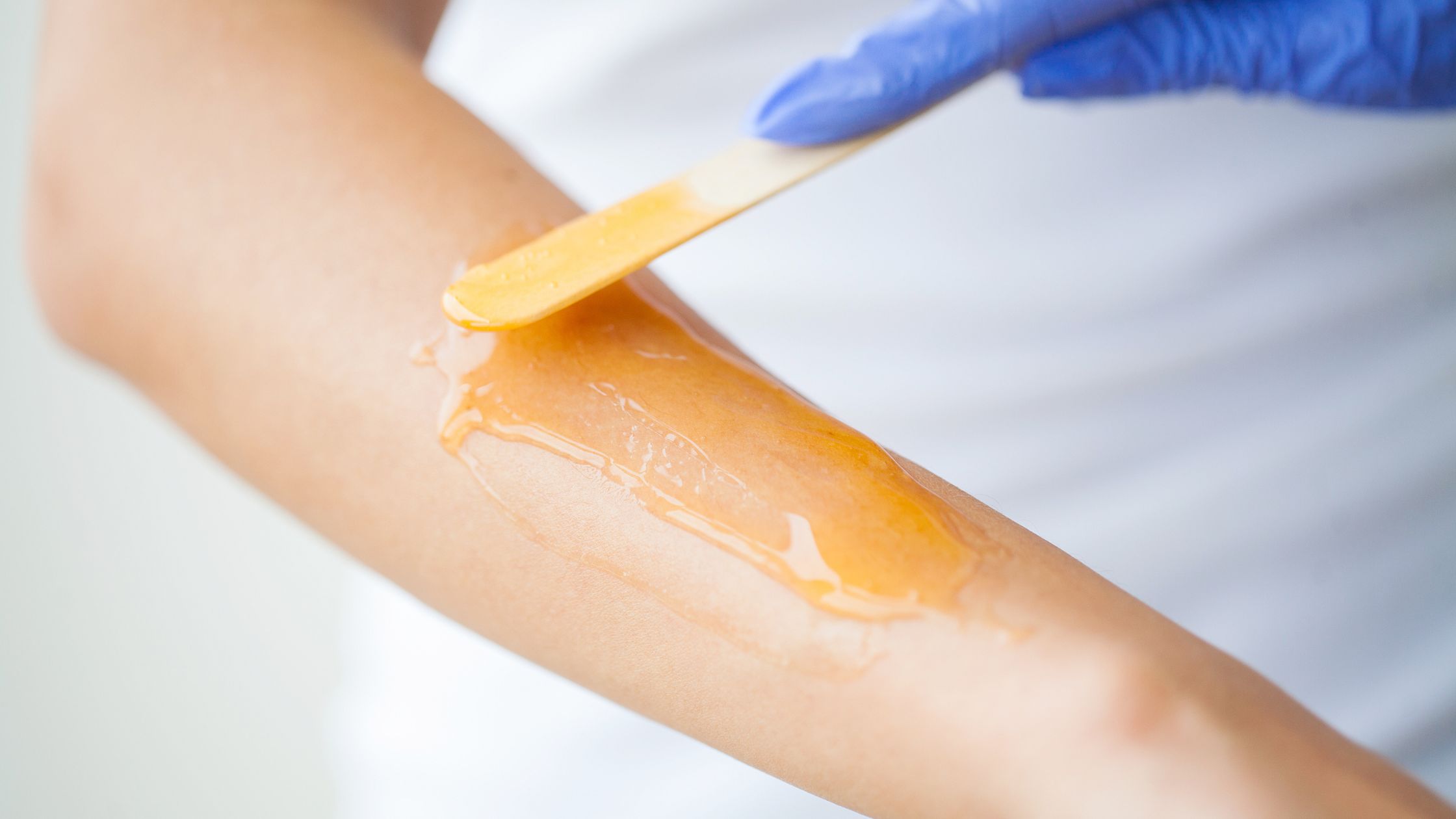Causes of Itchy Skin Without Rashes
Here are some common and not-so-common reasons for your itchy skin:
Dry Skin
Dry skin is medically called xerosis. It is a very common issue and affects a vast majority of the population. In this, the skin starts itching when it loses its moisture content. The easiest way to recognize dry skin is by checking for flakiness or scaliness in the skin. It is more common amongst older adults, especially during the winter season when the humidity levels are very low.
To help you prevent dry skin, here are some handy tips:
- Stay away from soaps that contain harsh chemicals. They are the number one culprit for dry skin. Get dermatologist-approved hypoallergenic and fragrance-free soaps.
- Install a humidifier at home. This will be useful during the winter season, when it can reintroduce moisture to the indoor air.
- Do not ignore moisturizer. Ensure that it is the first thing you apply to your skin after a shower or bath.
- Do not take hot water showers. Also, ensure that the time you stay in the water doesn’t exceed 10 minutes.
- Avoid scratching the dry skin. It will damage the skin further. It can even lead to scarring and infection.
Bug Bites
Bug bites are unavoidable, and all of you know how they feel. There will be a raised bump, and the skin around the bite will be very itchy. Mosquitos and ants are the bugs that cause such a reaction. However, some bigs bite in a way that only a small hole or pinprick-like area is left behind. For most people, it will be so small that they will not even realize that they were bitten but will end up experiencing itchiness. There are also bugs like bedbugs, lice, and mites that live on your skin or feed on you every night. The itch will be long-lasting and uncontrollable, but you will never know what caused it.
Apart from eliminating the bugs from your home, there are two other things you can try:
- Avoid scratching the area
- Apply a cold compress to the affected area
If the itchiness doesn’t subside, visit a dermatologist, who might prescribe one of the following:
- An oral pain relief
- Steroid cream
- An antihistamine
All of them will soothe the discomfort.
Side Effects of Medications
Sometimes, certain medications can cause itchiness without a rash. They are the unwanted side effects. For instance, statins and cholesterol-lowering drugs like niacin may lead to widespread itching. This is attributed to liver stress or as a common reaction. It can sometimes be eased by taking aspirin.
Blood pressure medications, such as amlodipine, can also trigger itching from allergic reactions or liver-related issues. They often resolve once the medication is stopped. Similarly, opioids commonly cause itching, which can be managed with specific medications like nalbuphine or nalfurafine hydrochloride.
Finally, drugs like blood thinners, antimalarials, diabetes medications, and antibiotics may induce itching due to organ damage or improper usage.
Always consult a doctor who will tell you whether you can stop the medicine or have an alternate one to eliminate itching.
An underlying disease
Itchiness without a rash can result from various diseases like:
- Nerve disorders: Neuropathic itch occurs when nerve damage or conditions like stroke, diabetes, or postherpetic neuralgia affect nerve signaling.
- Kidney disease: Kidney disease, especially in advanced stages, may cause itching due to complex factors, potentially requiring dialysis or medication.
- Liver disease: Liver diseases like cirrhosis and hepatitis can lead to itching, often worsened by heat or at night, possibly linked to bile buildup
- Skin cancer: Skin cancer may cause itching as an early symptom of new or changing lesions
- Hodgkin lymphoma: Hodgkin lymphoma can trigger itching alongside symptoms like lymph node swelling, night sweats, and weight loss.
Your itchiness will stop once the underlying condition is treated.
When to Visit a Dermatologist?
If you experience persistent or severe itching without a visible rash that is impacting your day-to-day activities, it may be time to consult a dermatologist. It becomes even more important to consult a doctor when the itchiness is accompanied by other symptoms such as unexplained weight loss, fever, fatigue, or changes in the skin’s texture.
As we have highlighted earlier, chronic itching could be a sign of a more serious underlying condition that can cause bigger harm. A dermatologist can help identify the cause through a detailed evaluation and may recommend further testing or treatments to address the itch and its root cause effectively. If you are HSR Layout, visit Dr. Renu’s clinic for tailored treatment options for itchy skin without rashes. Book an appointment now.
